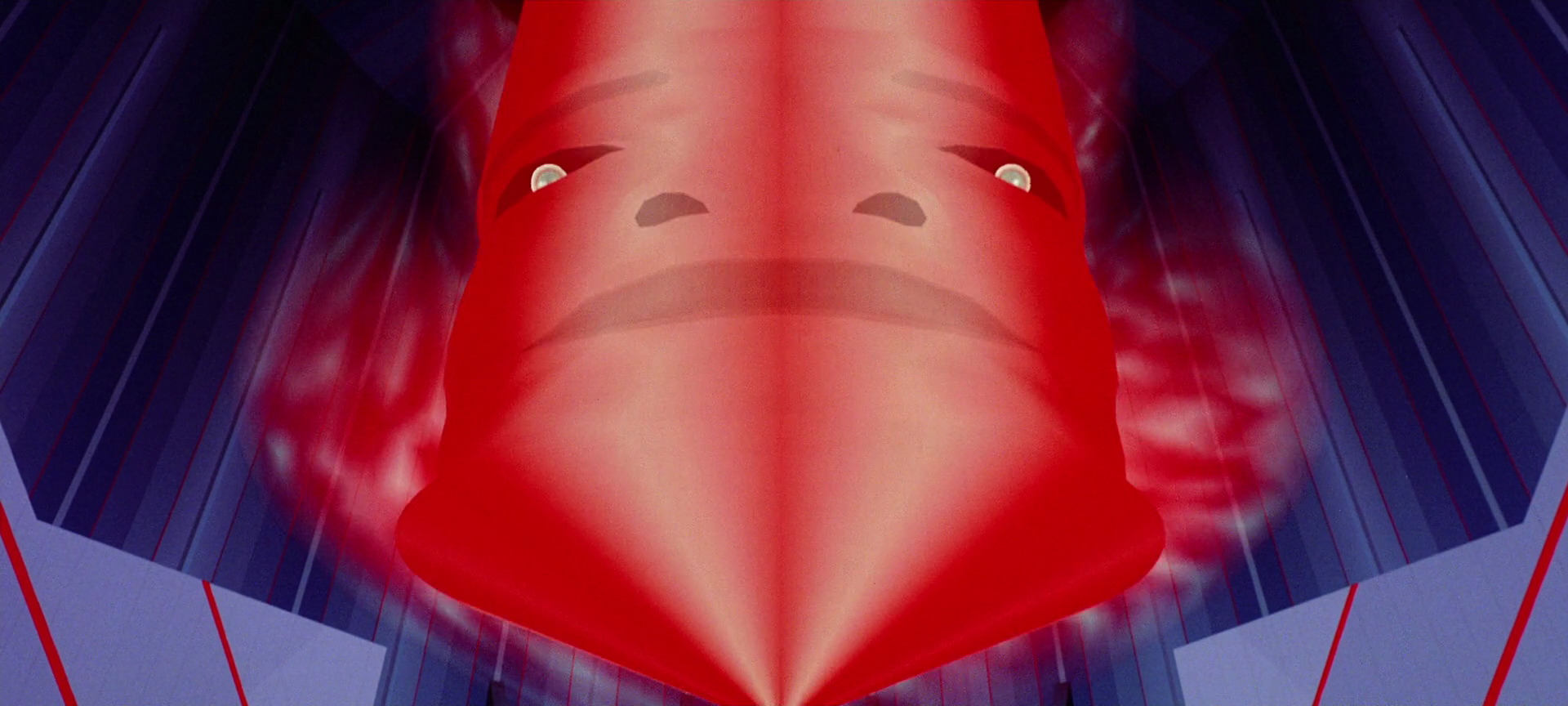Nokia 3310
It’d still be charged
That, and my old gameboy
There’s an entire book dedicated to answering your question: The World Without Us.
The Wikipedia article I linked summarizes a lot of the book, but I recommend reading it since the details are fascinating.
TL;DR:
The longest-lasting evidence on Earth of a human presence would be radioactive materials, ceramics, bronze statues, and Mount Rushmore. In space, the Pioneer plaques, the Voyager Golden Record, and radio waves would outlast the Earth itself.
Won’t there also be evidence of raw materials that got mined out?
Probably. Metals etc. are far out of “equilibrium distribution”, even if all mines collapse without a trace.
Almost certainly, depending on the time scale. Physical constructs will eventually break down, but the impact on the environment in total will likely be able to be deduced for millions of years.
For example, we already have a good record of the five previous mass extinction events, and can tie them directly to geological causes. On our current trajectory, a sixth wouldn’t necessarily tie well to any other factors other than the activity of a dominant species. This is one of many factors in the proposed geological epoch of the anthropocene.
The stuff humans have left on the Moon and Mars would probably be good indicators.
A very thin smear of exhaust fumes, long-chain hydrocarbons, and rare radioisotopes.
Also a very clear mass extinction event.
I would guess that things like massive landfill dumps would be almost impossible to wipe all trace of. There’s no natural process that can collect that huge number of different chemical elements in such high amounts into a single location. So even if literally everything manmade has broken down to its consistent elements, the presence of a mile-wide radius plot of earth containing every solid element in the chart would be a clear indicator that an advanced civilization must have been there.
Ironically, our best bet is probably our space junk. Leave as much of our stuff in space and on the moon as possible.
There will be strangely distributed concentrations of various materials in any sediment layer from our period, such as iron, copper, aluminum, hydrocarbons, and various minerals. A lot of these will be in relatively small areas and also laid out in clearly artificial geometric patterns, especially in straight lines.
That layer will also include, worldwide, levels of radioisotopes that do not occur naturally. The same way that there is an Iridium layer on the soils of 65MYA showing the asteroids that killed the dinosaurs, the current sediments being laid down have traces of plutonium and other materials that will exist until the sun becomes a red giant and swallow the Earth.
The nuclear waste will be radioactive for thousands of years, it will probably be radioactive longer than our current recorded history as a whole. Think about that, ever since humans started recording our history, our nuclear waste will be radioactive longer than that.
This place is not a place of honor.
Depends entirely on how long until the “next intelligent species to arise” (no reason to expect it ever will)
squirrels will be next
I watched a special years ago about what would happen to our infrastructure, buildings, etc if humans just blinked out of existence. The show start off advancing time, touching on events as they might occur. The very last thing to withstand the test of time was Mount Rushmore, due to be carved from granite. Mount Rushmore would stick around for a very very very long time and would be the last trace of us. But that’s just that one TV show special’s opinion, but it sounds pretty…solid to me.
I wonder if Mt. Rushmore would be obvious if you’ve never seen a primate. If a super alien species is investigating, I can imagine them not realizing that it was designed by sapient life.
I’d think that any alien species advanced enough to travel the stars would see a row of consistent shapes etched into the rock and realize it couldn’t be nature. Maybe one face like rock sure, but 4 faces etched would be too big a coincidence and I think aliens would pick up on that. Now they wouldn’t be able to tell much about us as a species other then we could work rock pretty well. They’d have no idea of what our bodies look like, or that the hair carved into the stone were soft strains of protein instead of a hard helmet like carapace. But I think they’d get intelligent life created the carvings on Mount Rushmore.
but it sounds pretty…solid to me.
I see what you did there. I, for one, think it’s a rock solid pun that most will take for granite.
This pun really magma day.
Micro plastics in the earth.
Fertilizer is what I’ve heard.
Long after the weight of ages has ground our works and bones to scattered dust, the changes we’ve made to the nitrogen cycle will stick out in the geologic record.
The jump from base levels of nitrogen to the obviously unnaturally higher amounts that would remain in layers from our time just wouldn’t have any explanation other than something did it on purpose. There’s basically no way for that level of increase to occur in what is geologically the blink of an eye without industrial capacity. Or that’s what I’ve heard.
There would be signs, but I don’t think there is any guarantee that a new intelligent life form would care to look for such signs, or that they’d have the type of intelligence that would be able to interpret the signs of our existence and conclude that we had existed in their distant past.
At best, our existence would be one of several theories explaining abnormalities about the Earth that future intellectuals would argue about.
The pyramids.











